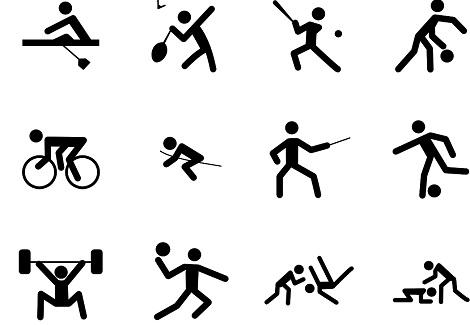
Published on: 22/08/19
Study finds recreational sports are more likely to cause serious head injuries in children than contact sports.

Published on: 22/08/19
Research has been released comparing different sporting activities for children admitted to hospital with head injuries over three years. Data from 10 emergency hospital departments in Australia and New Zealand, between 2011 and 2014, has been analysed.
The study looked at 8,857 children (aged five to 18 years) admitted with head injuries, of which one-third (3,177) had sports-related head injuries. Of these children four of five were boys.
Many of the sports-related head injuries were not serious but 16% (524 patients) needed CT imaging and 14 children required surgery. A total of 1.4% (45 children) were considered to have a Traumatic Brain Injury (TBI).
The research team looked at the severity of brain injuries in children while playing sport as less is understood about that area, compared with concussion in sport.
Bike riding, rugby and football caused the highest number of children to visit the emergency department.
The activities deemed most likely to cause children serious head injuries included bike riding (44%), skateboarding (18%) and horseriding (16%).
While 13% (414) of the children studied sustained a brain injury from playing rugby, only 0.2% were classed as having a serious injury.
Horseriding led to a relatively small number of children attending the emergency departments at 3.6% (113 children), but the proportion of those diagnosed with a TBI was one of the highest at 6%.
The study was led by Franz Babl of the Murdoch Children’s Research Institute in Melbourne and published in The Medical Journal of Australia.